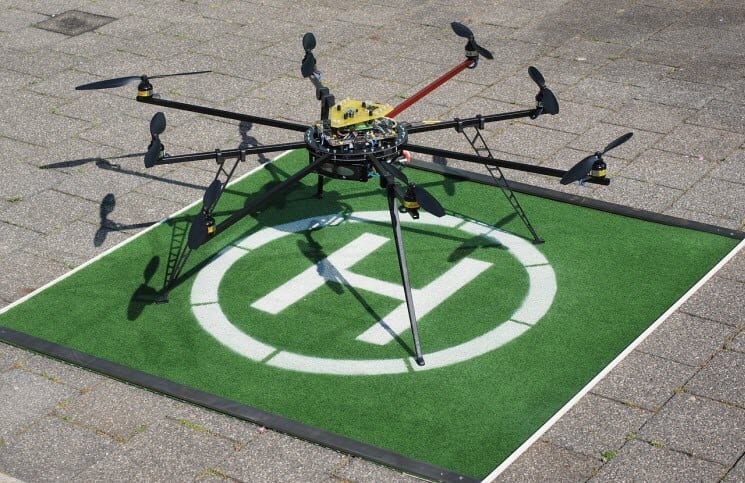Drones have been a hot topic in the news for several years now. It seems that every time you turn around, there is a new story about a UAV (Unmanned Aerial Vehicle). With the holiday season rapidly approaching, drones are a popular gift. As of this point, the FAA has jurisdiction over drone usage. However, they have been slow to set regulations and guidelines. According to CNBC, the FAA wants to create a drone registry.

Drones have many uses, from video to the weapon capabilities of the military versions. They may also be used for private and commercial purposes. The down side to drones is they may also cause problems by interfering with firefighting efforts, crashing, or violating individual privacy. In light of those conditions, the FAA plans on creating a registry to document these unmanned vehicles.
One of the problems the FAA faces with this idea is compliance. When users register, it would be free and online, and one number would cover all drones controlled by the user. If registration is not done at time of sale, responsibility goes to the user. That brings up a number of questions, though. How long does a user have to register? Will there be penalties for not registering? If so what would those penalties be? How will registrations be tracked? What kind of information would be needed? Would registration be able to be transferred? And those are just the questions we come up with quickly.
Though the lack of registration concern was downplayed by the FAA, one suggestion they recommended to reduce the lack of compliance was for the devices to be registered at the time of sale. Because many are bought online, registration could be done at that time. Another suggestion was to include information from the manufacturer about registration. Unfortunately, that brings up another obstacle with their registry.
The FAA does not have the ability to regulate or control sales of drones, only the operation of them. We realize the discussion of the registry is still in it’s fledgling stages, but even the beginning of these comments or questions cause problems for it. As slow and methodical as the FAA is, it is hard to believe that any real regulation will occur before the end of the decade. In reality, it will be hard for them to control a market that is already flourishing, especially since they only have partial jurisdiction over UAVs.
